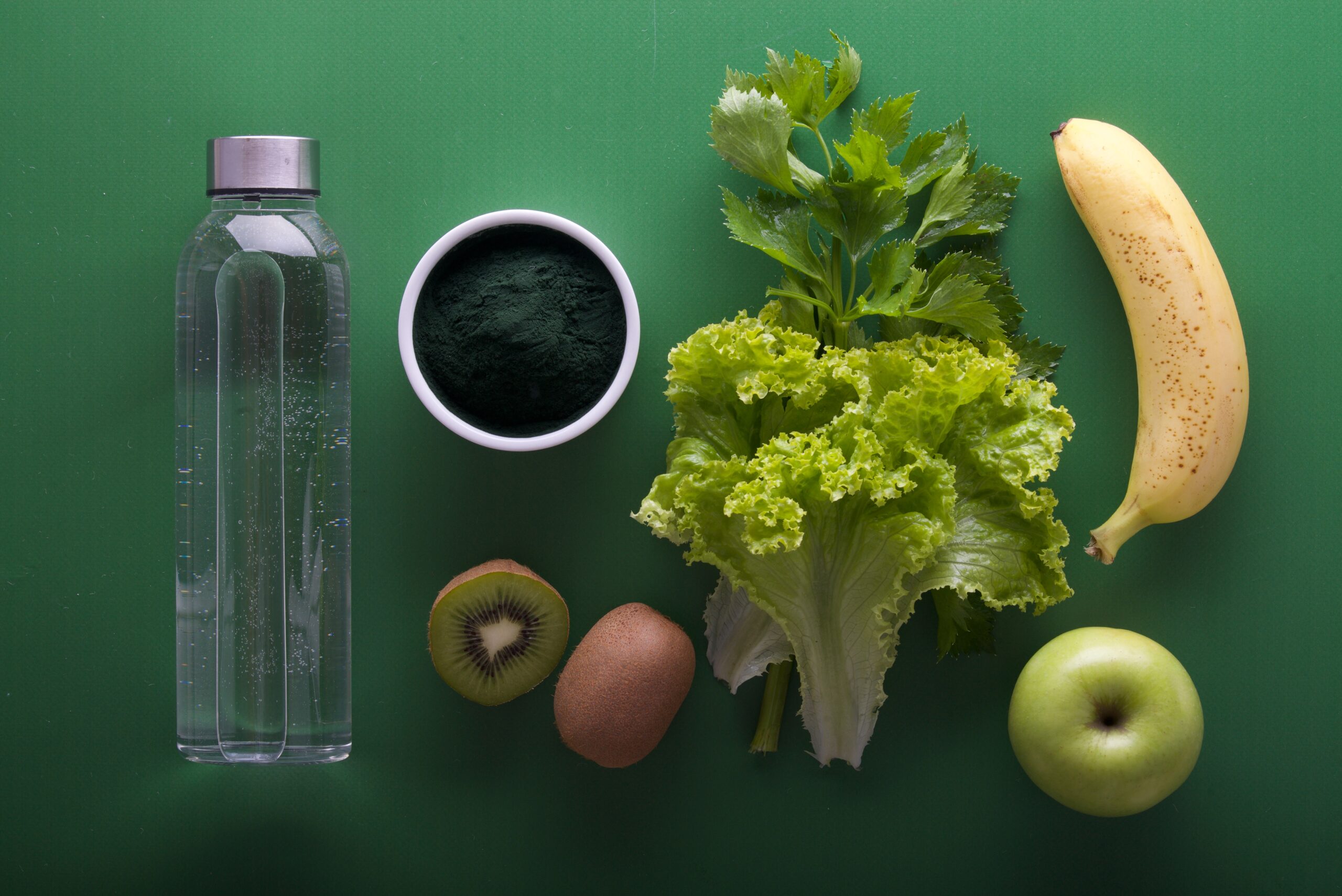Understanding Anti-Inflammatory Diets: Are They Right for You?

In our quest for healthier lifestyles in Lake Charles and across Southwest Louisiana, the topic of diet is paramount. One dietary approach that has gained attention in recent years is the anti-inflammatory diet. As the name suggests, this diet focuses on consuming foods that fight inflammation and avoiding foods that may trigger it.
What is Inflammation?
Inflammation is the body’s natural response to injuries and infections – a necessary part of our immune response. However, chronic inflammation, often resulting from lifestyle factors like poor diet and lack of exercise, can contribute to various health issues such as heart disease, diabetes, cancer, and arthritis.
Why an Anti-Inflammatory Diet?
Research suggests that an anti-inflammatory diet may help reduce chronic inflammation and improve overall health. This is particularly relevant in Louisiana, where, according to the Centers for Disease Control and Prevention (CDC), the prevalence of chronic diseases like heart disease and diabetes is higher than the national average.
So, What Does an Anti-Inflammatory Diet Look Like?
- Plenty of Fruits and Vegetables: Rich in antioxidants and fiber, fruits and vegetables are anti-inflammatory powerhouses. Aim for a variety of colors to ensure a broad spectrum of nutrients.
- Whole Grains: Unlike refined grains, whole grains have all parts of the grain — the bran, germ, and endosperm. Foods like brown rice, oatmeal, and whole-grain bread are high in fiber and can help control inflammation.
- Healthy Fats: Foods rich in Omega-3 fatty acids, such as salmon, sardines, flaxseeds, walnuts, and soybeans, have strong anti-inflammatory properties.
- Lean Proteins: Opt for lean proteins like poultry, fish, and plant-based proteins like beans and lentils.
- Spices and Herbs: Many spices and herbs, like turmeric, ginger, and cinnamon, have potent anti-inflammatory properties.
And, foods to avoid?
- Processed Foods: High in added sugars and unhealthy fats, processed foods can trigger inflammation.
- Sugary Beverages: Soft drinks and sweetened coffee beverages are often high in added sugars, a known contributor to inflammation.
- Refined Carbohydrates: Foods like white bread, white rice, and pastries can increase inflammation.
- Excessive Alcohol: Moderate consumption may have some health benefits, but excessive drinking can lead to significant health problems, including inflammation.
Should You Follow an Anti-Inflammatory Diet?
If you’re in good health and eat a balanced diet, you’re likely already consuming plenty of anti-inflammatory foods. However, if you have a condition associated with chronic inflammation or want to improve your overall health, considering an anti-inflammatory diet could be beneficial.
Before making significant dietary changes, it’s always wise to consult with a healthcare provider or a registered dietitian. They can provide guidance based on your specific needs and health goals. As part of our commitment to health in Southwest Louisiana, we encourage dietary habits that support overall well-being and prevent chronic disease. Remember, the food we eat can be our most potent medicine!
